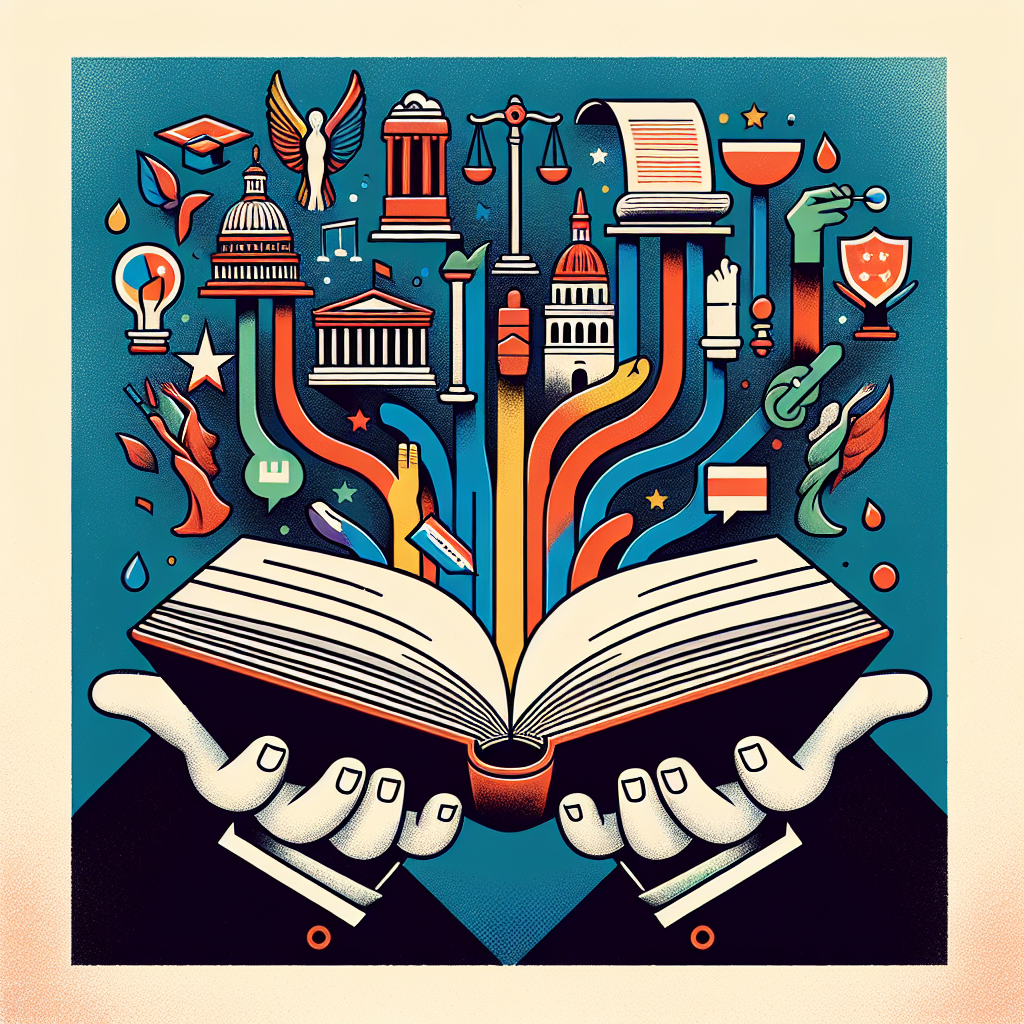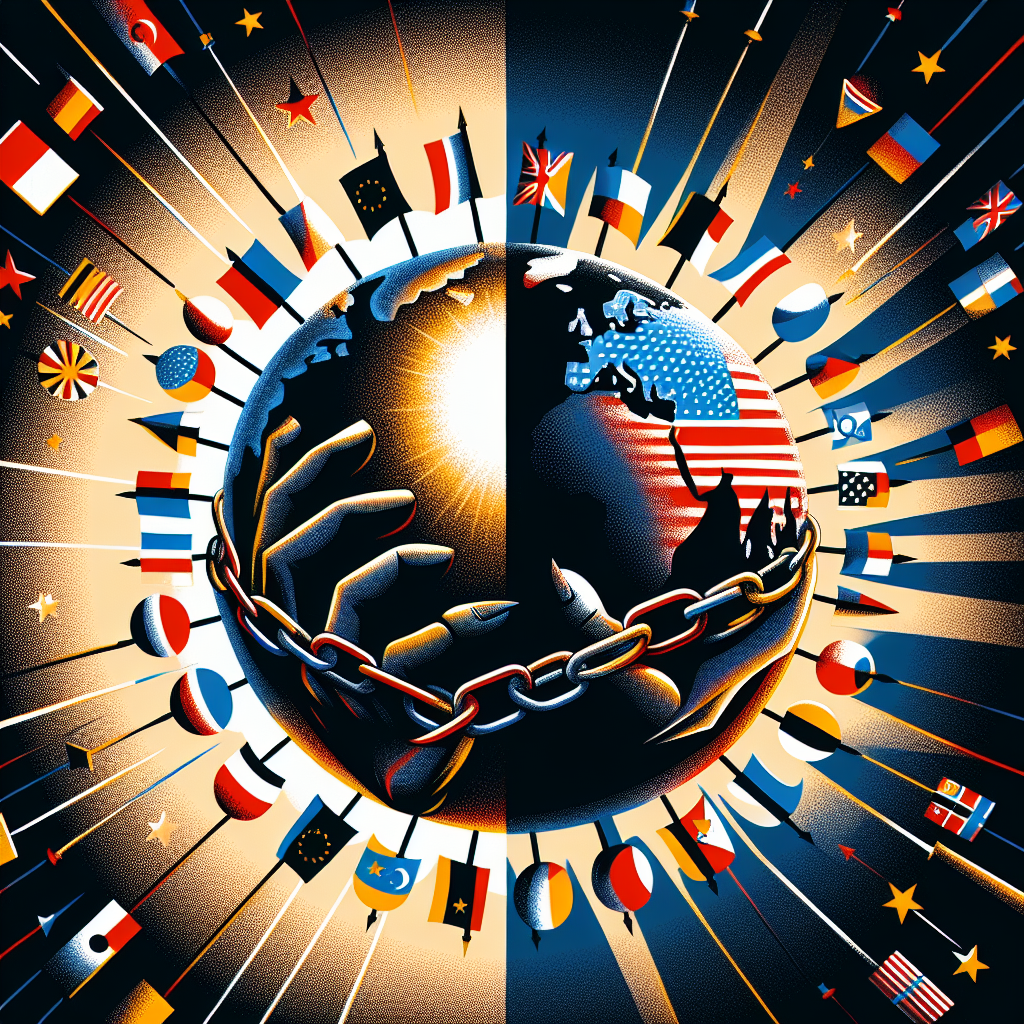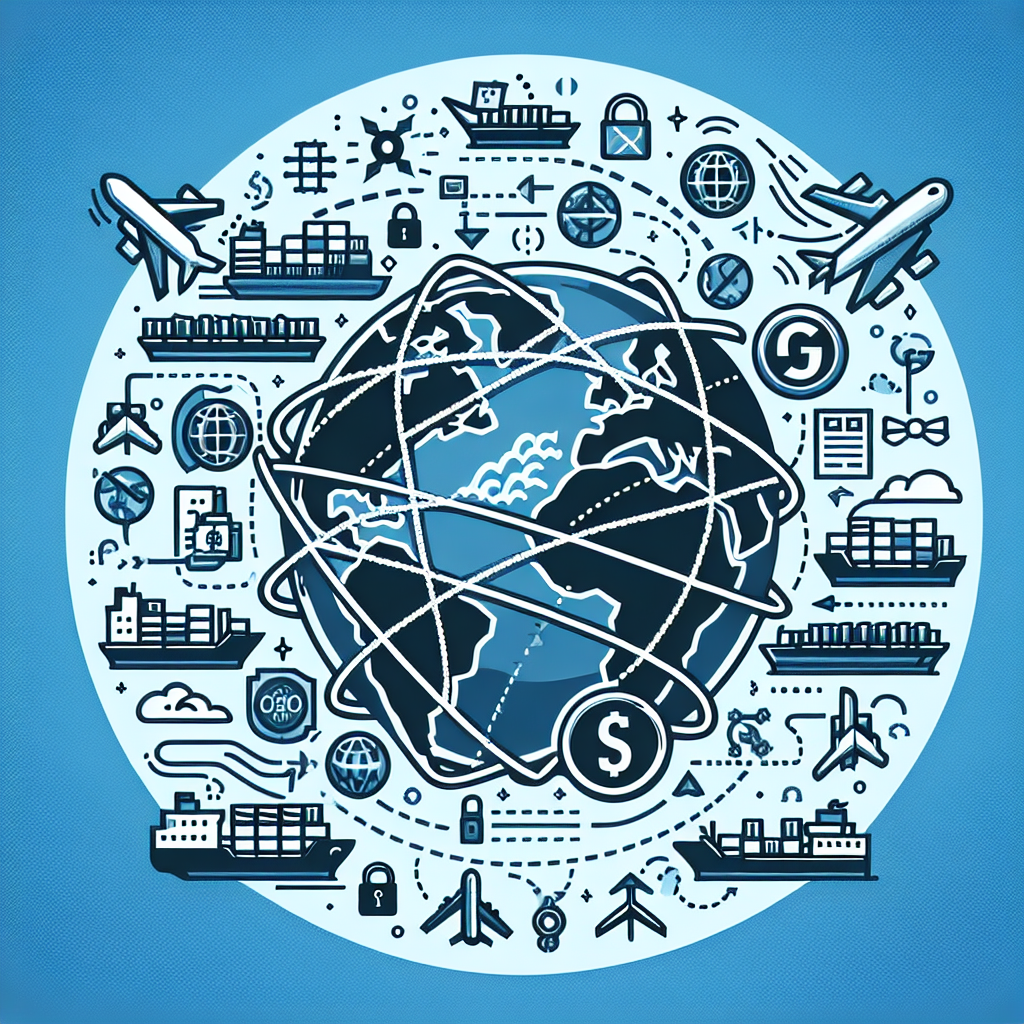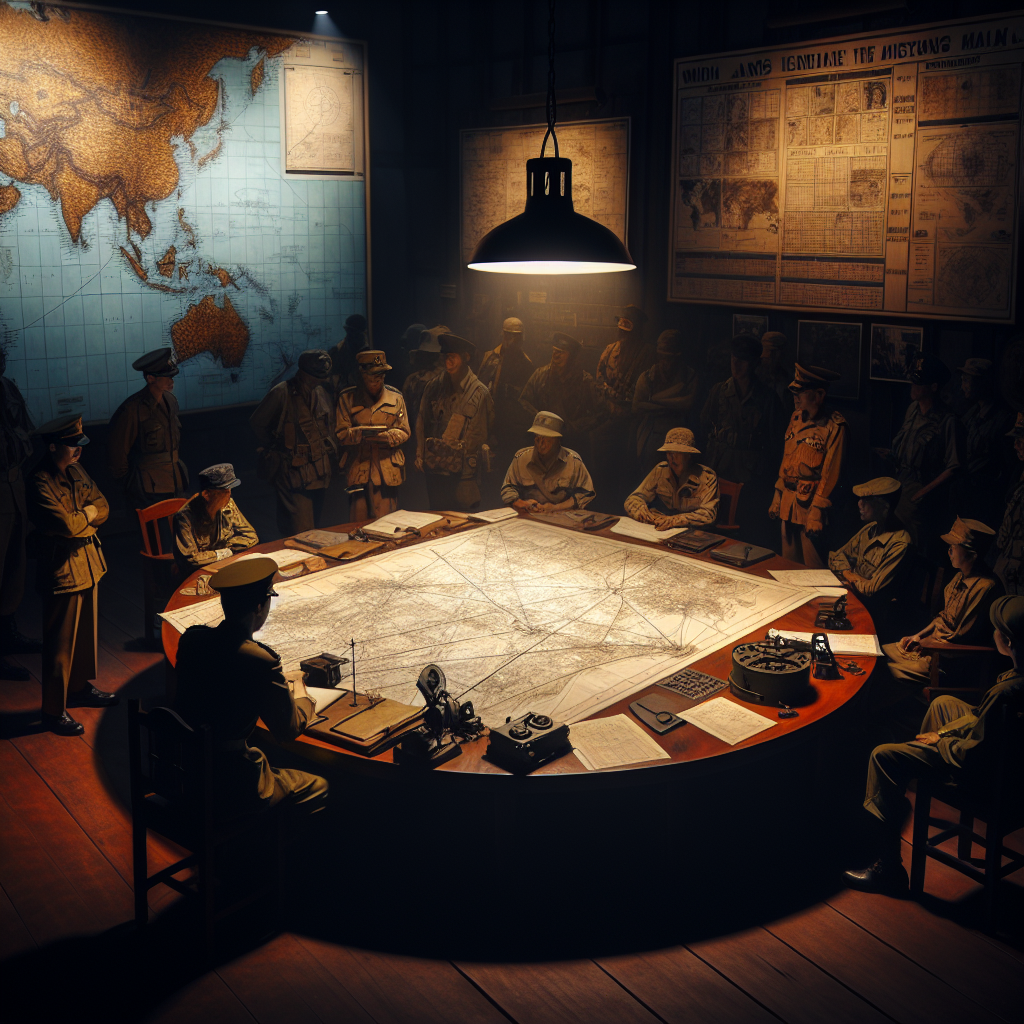
The Role of Education in Shaping Political Beliefs
Understanding the intricate relationship between education and political beliefs is pivotal, especially in our rapidly evolving societal landscape. As we navigate through the complexities of 2025, it becomes increasingly clear that education plays a foundational role in shaping not just individual opinions but also collective political ideologies. In this article, we will explore how educational systems, curricula, and experiences contribute to shaping political beliefs, the impact of higher education, and the implications of this dynamic on our future political landscape.
The Influence of Curriculum on Political Ideologies
Education systems vary tremendously across the globe, and so do the political ideologies they promote. The curriculum plays a substantial role in shaping the perspectives of students, providing them with frameworks through which they understand their political environment. In many countries, public education includes lessons that reflect national narratives, social norms, and political ideologies. For instance, in countries with a robust democratic tradition, the curriculum encourages critical thinking, civic engagement, and an understanding of democratic principles. This type of education fosters a generation that is not only politically aware but also actively participates in democratic processes.
Conversely, in nations where education serves an authoritarian regime, the curriculum often suppresses dissent and promotes a single narrative that glorifies the ruling party. Such a skewed educational experience can lead to a populace that lacks the analytical tools necessary to question or challenge the status quo. In 2025, with increasing globalization and the internet democratizing access to information, the debate over how education shapes political beliefs is more relevant than ever. There is a growing push for educational content that fosters critical analysis and diverse perspectives, challenging students to engage with ideas rather than accept them at face value.
The Role of Higher Education in Political Engagement
Higher education institutions often act as crucibles for political thought and activism. Many universities serve as epicenters for social movements and political discourse, offering students the opportunity to explore various ideologies from multiple perspectives. In 2025, as political polarization has reached unprecedented levels, universities are uniquely positioned to encourage dialogue across the spectrum. They foster environments where students can engage in debate, pushing them to articulate their beliefs and understand opposing viewpoints—skills crucial for participation in democracy.
Moreover, the growing trend of interdisciplinary studies allows students to view political issues through various lenses—economics, sociology, culture, and more. Such an approach equips graduates with a nuanced understanding of the complexities surrounding political issues. As students complete their educations, they carry these insights into their communities and workplaces, amplifying the influence of education on political engagement. The nature of political discussions and activism among graduates significantly impacts societal views on important issues, from climate change to social justice matters.
Socialization and Political Beliefs in Early Education
Political socialization—a process through which individuals form their political beliefs—begins long before higher education. Early education, starting as early as elementary school, plays a crucial role in instilling civic values and foundational political knowledge. For example, discussions around rights and responsibilities, the importance of voting, and understanding governmental structures help shape young minds. Additionally, teachers often become role models, influencing students’ perceptions of authority and participation in civic life.
In 2025, it has become particularly evident that more inclusive educational practices can bolster democratic engagement. Schools are increasingly embracing curricula that represent diverse political ideologies and historical experiences. By incorporating different voices—particularly those from historically marginalized communities—educators can offer a more comprehensive view of civic responsibilities and the importance of representation in democracy. This multidimensional approach helps students develop empathy and a broader understanding of the socio-political landscape, galvanizing future generations to participate actively and thoughtfully in political processes.
Moreover, the integration of technology into education has further reshaped political socialization. With social media and online forums becoming prominent in everyday learning, students can engage with a wider range of opinions and ideas than ever before. This exposure can challenge preconceived notions and contribute to a more engaged populace that is willing to question authority and advocate for change.
The Impact of Extracurricular Activities on Political Awareness
Extracurricular activities significantly contribute to shaping political beliefs among students. Clubs, organizations, and student governments within educational institutions provide platforms for students to engage in political discourse, learn about governance, and advocate for issues they care about. In 2025, the rise of politically themed clubs and activities has seen students take active roles in discussing current events, organizing protests, and even running for positions in student governance, all essential to developing leadership and articulation skills.
Additionally, community engagement initiatives allow students to connect classroom learning with real-world issues. Participation in local service projects or community activism cultivates a sense of responsibility and agency among students, fostering their commitment to civic engagement. These experiences encourage students to advocate for those less represented in politics, teaching them that their voices can effect change. They learn the importance of participation in both local and national political processes, reinforcing the critical ties between education and political beliefs.
Finally, the role of mentorship in educational settings cannot be overstated. Mentors—whether teachers, club leaders, or community figures—play a vital role in guiding students’ understanding of political issues and civic responsibilities. By fostering a supportive and challenging environment, mentors can inspire students to think critically about their beliefs and the societal structures influencing those beliefs, further strengthening the relationship between education and political engagement.
Global Perspectives on Education and Political Ideologies
Across the globe, education systems reflect unique political contexts, revealing how societal values impact political beliefs. For instance, Scandinavian countries are known for their emphasis on civic education, which instills strong democratic values from a young age. Such educational frameworks promote political participation and engagement, leading to high voter turnout and robust public discourse. In 2025, these countries continue to serve as models for integrating civic education into their curricula, demonstrating the potential for shaping inclusive political beliefs.
In contrast, countries facing authoritarian regimes often suppress educational programs that encourage critical thought. Curriculums may focus on nationalistic ideologies while stifling discussions around human rights and civic freedoms. In such environments, education becomes a tool for indoctrination rather than enlightenment. Recent studies suggest that activists and reformers in these contexts are increasingly advocating for educational reforms, using technological innovations to circumvent state controls and promote democratic values.
Furthermore, international organizations emphasize the pivotal role of education in fostering peace and understanding. The United Nations Educational, Scientific and Cultural Organization (UNESCO) promotes initiatives that integrate global citizenship education into school curricula, aiming to cultivate a sense of belonging among youths while promoting respect for diversity. In 2025, this global perspective is crucial as nations grapple with the challenges of migration, political conflict, and climate change. As educational systems evolve, the potential for shaping inclusive political beliefs on a global scale becomes evident.
Conclusion
In conclusion, the relationship between education and political beliefs is profound and multifaceted. From the curriculum to extracurricular activities and higher education, every aspect of the educational experience shapes how individuals and societies engage with politics. As we navigate the political landscape in 2025, it becomes evident that investing in robust, inclusive, and critical educational practices is essential for fostering informed and engaged citizens. Understanding this dynamic will not only help educators and policymakers craft better educational systems but also empower individuals to participate actively and thoughtfully in the democratic process.
FAQs
How does early education influence political beliefs?
Early education introduces fundamental civic concepts and responsibilities, shaping students’ understanding of governance and encouraging civic participation. By instilling these values from a young age, educational systems can foster a politically engaged populace.
What role does higher education play in political engagement?
Higher education institutions promote political discourse and encourage critical thinking across various ideologies, equipping students with the tools needed for informed political engagement and activism.
How can extracurricular activities shape political awareness?
Extracurricular activities, such as clubs and student governments, provide platforms for students to engage in political discussions and activism, cultivating leadership skills and strengthening their commitment to civic responsibilities.
What global trends affect the relationship between education and political beliefs?
Global trends include a growing emphasis on global citizenship education and the push for democratic values in curricula, reflecting diverse political contexts and the need for inclusivity in shaping future generations’ political beliefs.
What are the implications of technology on political socialization in education?
Technology facilitates access to diverse viewpoints and ideas, enabling students to engage in broader discussions about political beliefs, fostering critical thinking, and promoting media literacy in a rapidly changing political landscape.
Democracy versus Autocracy: A Global Perspective
16. Dezember 2025The Impact of Sanctions on Global Trade Dynamics
16. Dezember 2025Geopolitical Tensions in the South China Sea
16. Dezember 2025
Leave a reply Antwort abbrechen
-
NFL Free Agency Buzz: What to Expect
21. November 2025 -
Lessons Learned from the Bergdahl Controversy in Military Politics
4. Dezember 2025 -
Rookie Standouts: The Future of the NBA
16. Juli 2025





